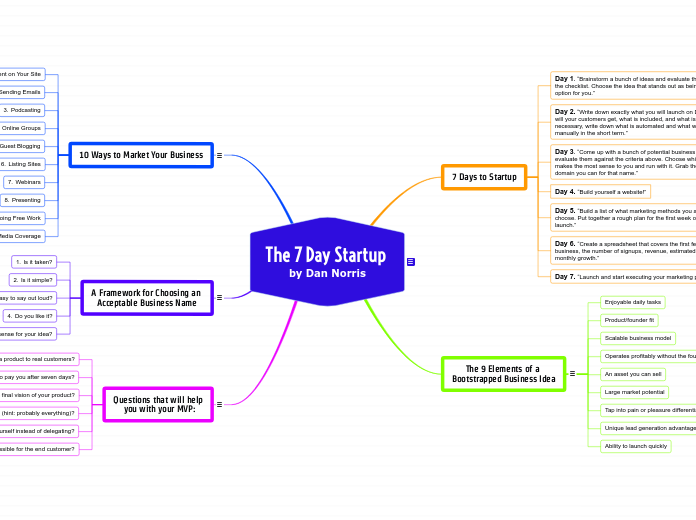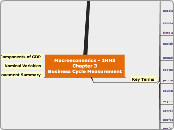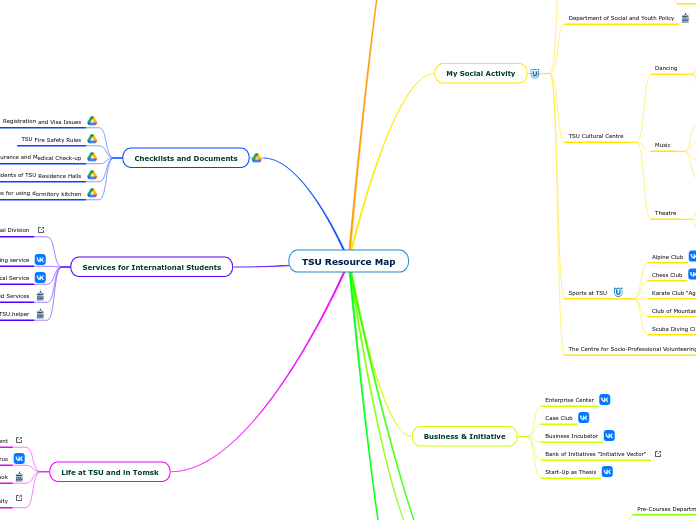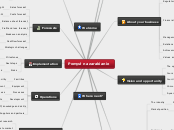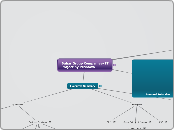The 7 Day Startup
by Dan Norris
The Book in Three Sentences
- You have to spend time on the things that are most likely to bring you customers
- If you want to be an entrepreneur, you have to ’ship’ your product.
- You have to build a business idea in order to test it.
Summary
“You don’t learn until you launch.”
“Eric Ries defines a startup as ‘a human institution designed to deliver a new product or service under conditions of extreme uncertainty.’”
“Anyone can create a job for themselves. But not everyone can change the world.”
“Things may come to those who wait … but only the things left by those who hustle.” Anonymous
“Hustle for an early stage startup is generally about spending your time on the things that are most likely to bring you, customers.”
“Once you launch, you need to get more people paying you. You have to relentlessly pursue your best method of getting customers and not the stuff you naturally gravitate to.”
“There is a very big difference between someone entering their email and someone paying you each month for a product.”
“To really test whether you can build a business, you have to start building it.”
“There’s a huge forgotten void between ‘idea’ and ‘successful business’ that validation doesn’t account for.”
“If you want to be an entrepreneur, you have to launch.”
“The world always seems brighter when you’ve just made something that wasn’t there before.” Neil Gaiman
Questions that will help
you with your MVP:
“A list of customers that pay you every month is an asset. If you focus on short-term projects you’ll make more money initially. But if you turn down projects and focus on providing recurring value, you build a valuable asset.”
“If you work on this idea for five years, what will you have in the end?”
“What will make you, and your company, unique?”
“Playing the visionary is a privilege reserved for second- and third-time entrepreneurs. It’s fun, but it’s fraught with danger.”
“Solve problems where people are already paying for solutions.”
“Everyone might be saying that your idea is great, but look at whether or not they are currently paying for a solution to the same problem.”
“A common MVP mistake is over-emphasizing the ‘minimum’ and under-emphasizing the ‘viable.’”
“The key is to forget about automation and figure out what you can do manually.”
How can you make your offer as real as possible for the end customer?
What can you do yourself instead of delegating?
What can you do manually (hint: probably everything)?
How close will your MVP be to the final vision of your product?
How will you get them to pay you after seven days?
How can you perform a service or offer a product to real customers?
A Framework for Choosing an
Acceptable Business Name
“Every single one of the top 25 brands in the world are 12 characters or less.”
“Broader is better.”
Does it make sense for your idea?
Do you like it?
Is it easy to say out loud?
Is it simple?
Is it taken?
10 Ways to Market Your Business
“Save your excitement until you land people you don’t know as customers.”
“What are you working on today that will make you indestructible tomorrow?”
“The only way to win is to learn faster than anyone else.” Eric Ries
“Any time you feel yourself wondering if what you are doing is good enough, compare it to the best.”
“By comparing yourself to the best, you set higher expectations for yourself, and you will be better for it.”
“Always take a step back and ask yourself if it’s feasible that someone else may have solved this problem before.”
“Momentum is a powerful force, so keep an eye out for what is working and do more of it.”
“Your own personal happiness and motivation are the most important keys to the success of your business.”
“You should be more excited about Monday than you are about Friday. If that’s not the case, there’s a good chance things aren’t going to work out.”
“No amount of money is worth working with a difficult customer.”
Media Coverage
Doing Free Work
Presenting
Webinars
Listing Sites
Guest Blogging
Forums and Online Groups
Podcasting
Start Sending Emails
Create Content on Your Site
The 9 Elements of a
Bootstrapped Business Idea
“If you want to be an entrepreneur, you need to be passionate about growing a business.”
“It makes no sense to start a business that is going to have you doing work you don’t enjoy.”
“Startup founders should have the ambition to grow their business into a larger company. If you don’t have that ambition, what you are creating is not a startup.”
“Your idea is not a solid startup idea if you don’t have the capacity to make use of a profitable, growing business model.”
“You need to be able to see a point where you can hire in staff or systems to replace you, and still continue to generate a profit. At that point it becomes a real business.”
“Focusing on short-term launches or projects won’t build assets. Assets are built over time by ignoring short-term distractions in favor of a bigger, long-term vision.”
Ability to launch quickly
Unique lead generation advantage
Tap into pain or pleasure differentiators
Large market potential
An asset you can sell
Operates profitably without the founder
Scalable business model
Product/founder fit
Enjoyable daily tasks
7 Days to Startup
Day 7. “Launch and start executing your marketing plan.”
Day 6. “Create a spreadsheet that covers the first few months in business, the number of signups, revenue, estimated costs, and monthly growth.”
Day 5. “Build a list of what marketing methods you are going to choose. Put together a rough plan for the first week or two of your launch.”
Day 4. “Build yourself a website!”
Day 3. “Come up with a bunch of potential business names and evaluate them against the criteria above. Choose whichever one makes the most sense to you and run with it. Grab the best domain you can for that name.”
Day 2. “Write down exactly what you will launch on Day 7. What will your customers get, what is included, and what is excluded? If necessary, write down what is automated and what will be done manually in the short term.”
Day 1. “Brainstorm a bunch of ideas and evaluate them against the checklist. Choose the idea that stands out as being the best option for you.”
